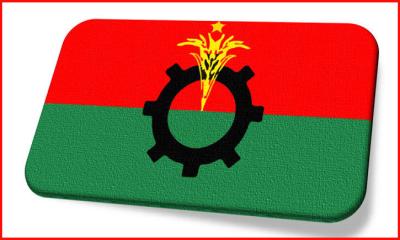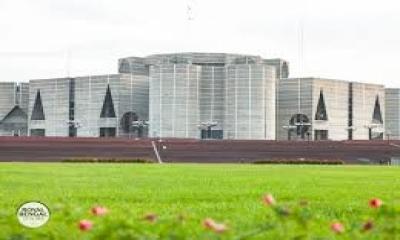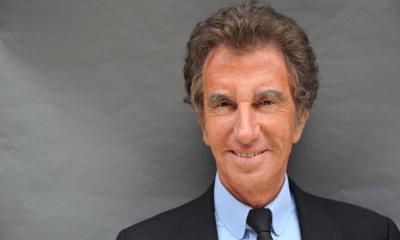A hugely influential revolutionary thinker, philosopher, and economist, Marx did not live to see his beliefs being carried out in his lifetime, but this theories and writings gave the basis for modern international communism.
Karl Heinrich Marx, was born in Trier, Prussia (Present Germany) on May 5, 1818 to Jewish Parents. He received a doctorate in philosophy from the University of Jena in 1841.
Marx and his wife moved to Paris in 1843, which was a hotbed of radical thought. There he became a revolutionary communist and befriended his life-long collaborator, Friedrich Engels. After being expelled from France, Marx spent two years in Brussels, where his friendship intensified.
They co-authored the pamphlet 'The Communist Manifesto' which was published in 1848 and asserted that all human history had been based on class struggles, but that these would ultimately disappear with the victory of the proletariat.
In 1849, Marx moved to London, where he was to spend the rest of his life in exile. After a hiatus, Marx emerged from his political and spiritual isolation and produced one of his most important body of work, 'Das Kapital'.
In his final years, he spent time at health spas and was deeply distressed by the death of his wife, in 1881, and one of his daughters. He died on 14 March 1883 and was buried at Highgate Cemetery in London.


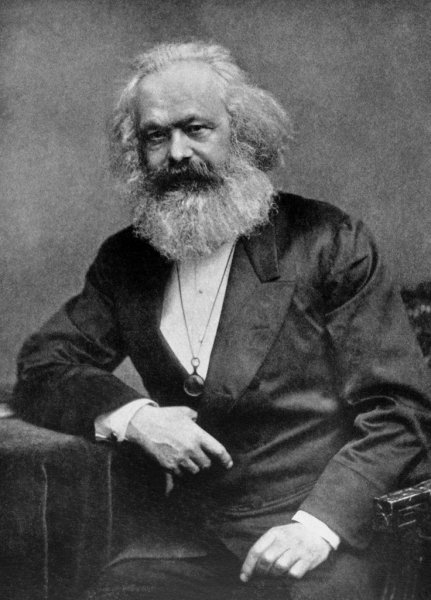

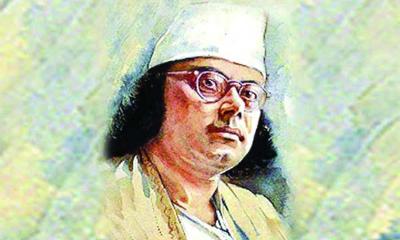
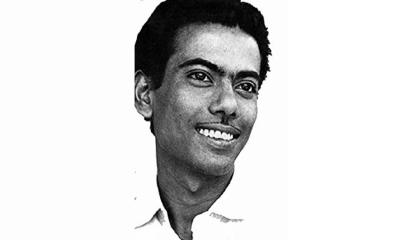
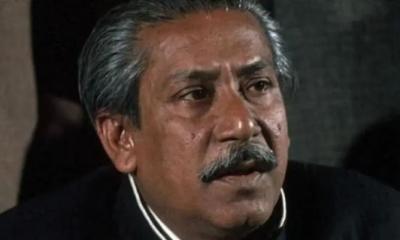
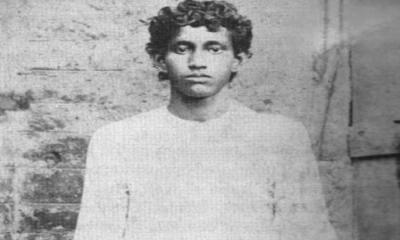
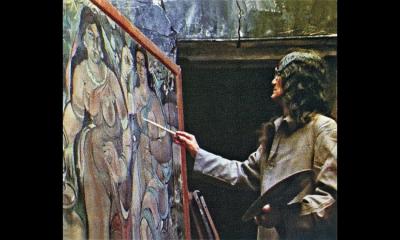





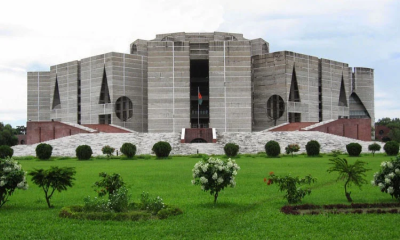

-20260215061522.webp)







